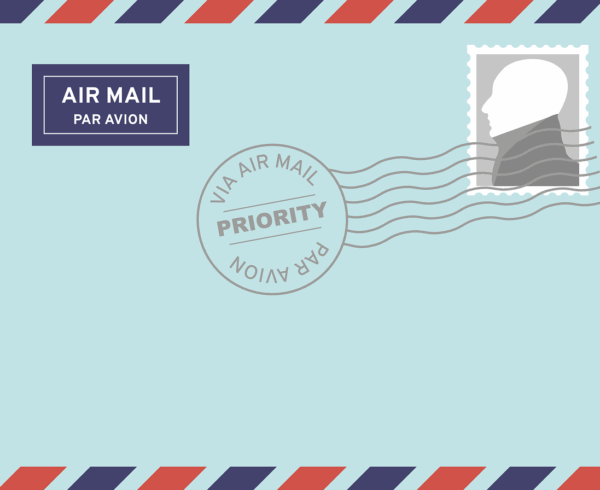For veterans who qualify for both Medicare and VA (Veterans Affairs) benefits, understanding how these two healthcare systems work together is crucial. Although both programs provide coverage, they serve different purposes and operate independently. Coordinating Medicare and VA benefits can help maximize healthcare options and avoid unexpected costs.
Do Veterans need Medicare if they have VA benefits
VA benefits provide healthcare services through VA facilities, but do not cover care veterans receive outside the VA system. This is where a Medicare plan helps. While enrolling in Medicare is not mandatory for veterans, having both Medicare and VA benefits can expand healthcare choices. This helps ensure access to a variety of providers outside the VA network if needed.
Click here to find local VA facilities
How Medicare and VA benefits work together
It is important to note; Medicare and VA benefits do not coordinate directly. This means, one does not cover what the other does not. Instead, each program pays for services independently, depending on where veterans receive care:
VA Facilities
If you receive care at a VA hospital or clinic, only VA benefits cover the cost. Medicare does not pay for services at VA facilities.
Non-VA Providers
If you seek care outside the VA system, Medicare will provide coverage for approved services, but VA benefits will not. Without Medicare, veterans are responsible for the entire cost of care from non-VA providers unless you have other insurance.
How each part of Medicare interacts with VA benefits
Medicare Part A (Hospital Insurance): Covers inpatient hospital care. Many veterans qualify for premium-free Part A, making enrollment a good option even if they normally use VA facilities.
Medicare Part B (Medical Insurance): Covers outpatient care, doctor visits, and preventive services. Those who want access to non-VA doctors or specialists, enrollment in Part B is recommended.
Medicare Part C (Medicare Advantage): Private insurance plans that bundle Parts A and B, often including prescription drug coverage. Some plans offer additional benefits, although some may not work well with VA benefits since VA care providers are separate from Medicare Advantage networks.
Medicare Part D (Prescription Drug Coverage): VA benefits include prescription drug coverage, often with lower costs than Medicare Part D. However, enrolling in Part D can be beneficial for veterans who want access to non-VA pharmacies.
Tricare for Life and VA benefits
Some veterans also qualify for Tricare for Life (TFL), which serves as supplemental coverage for Medicare. In this case:
- Medicare pays first, then TFL covers remaining costs.
- VA benefits still work separately, covering care at VA facilities.
Should veterans enroll in Medicare
- Those who rely solely on VA benefits are limited to VA facilities, which could be problematic if they move or need non-VA care.
- Enrolling in Medicare Part B ensures access to non-VA providers and prevents late enrollment penalties.
- Individuals who plan to use VA prescription drug benefits exclusively can skip Part D enrollment without penalty, as VA drug coverage is considered creditable.
Although VA benefits provide excellent healthcare for eligible veterans, they have limitations, particularly when it comes to non-VA care. Medicare expands healthcare options and ensures comprehensive coverage in case of emergencies or provider preferences.
Veterans should carefully evaluate their healthcare needs and consider Medicare enrollment to maintain flexibility and avoid coverage gaps. A licensed Medicare agent can help go over all the options available and help find the best coverage for each individual.














Leave a Comment